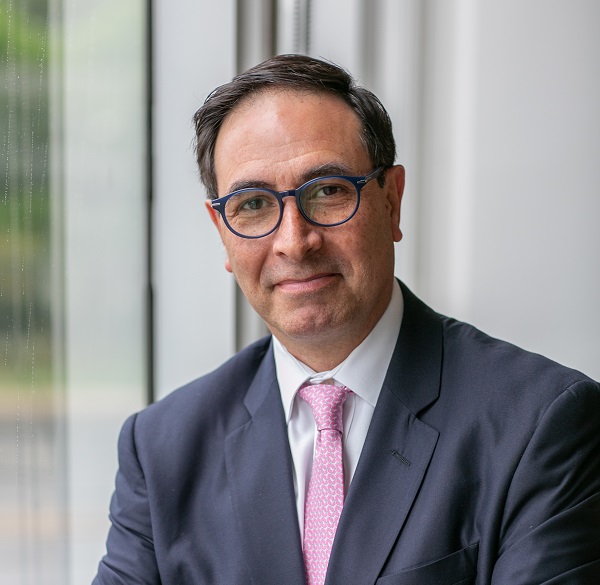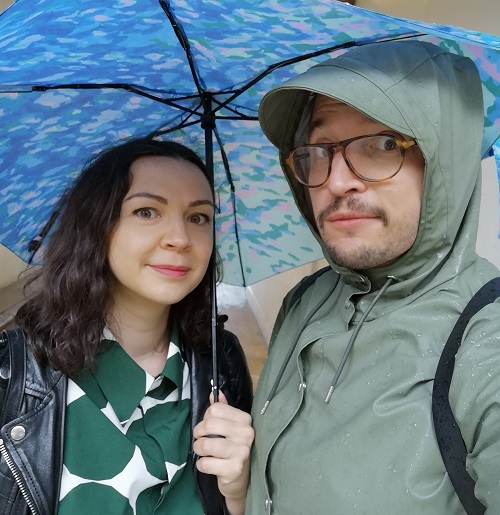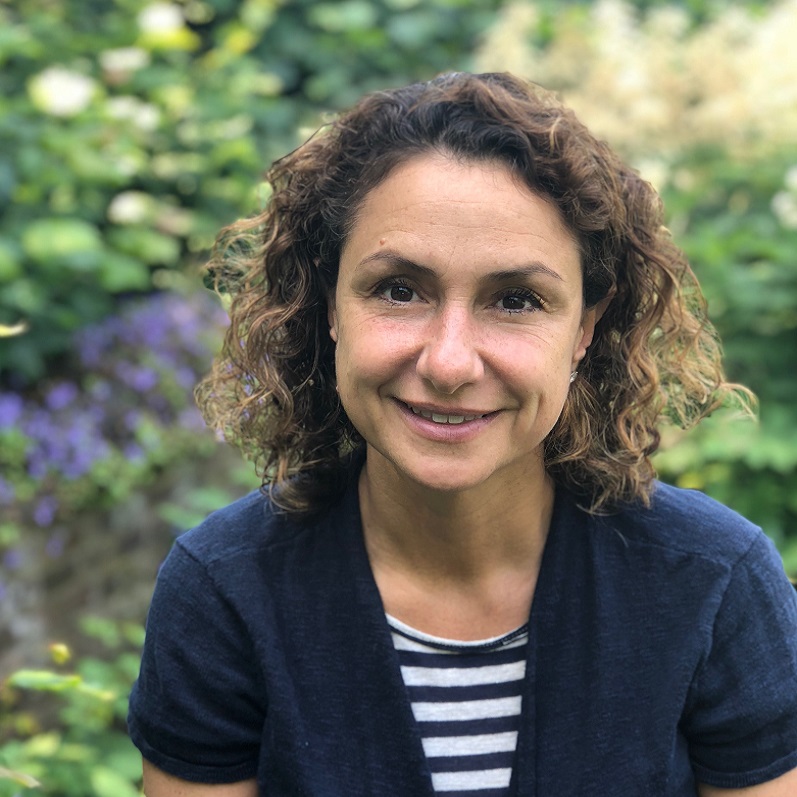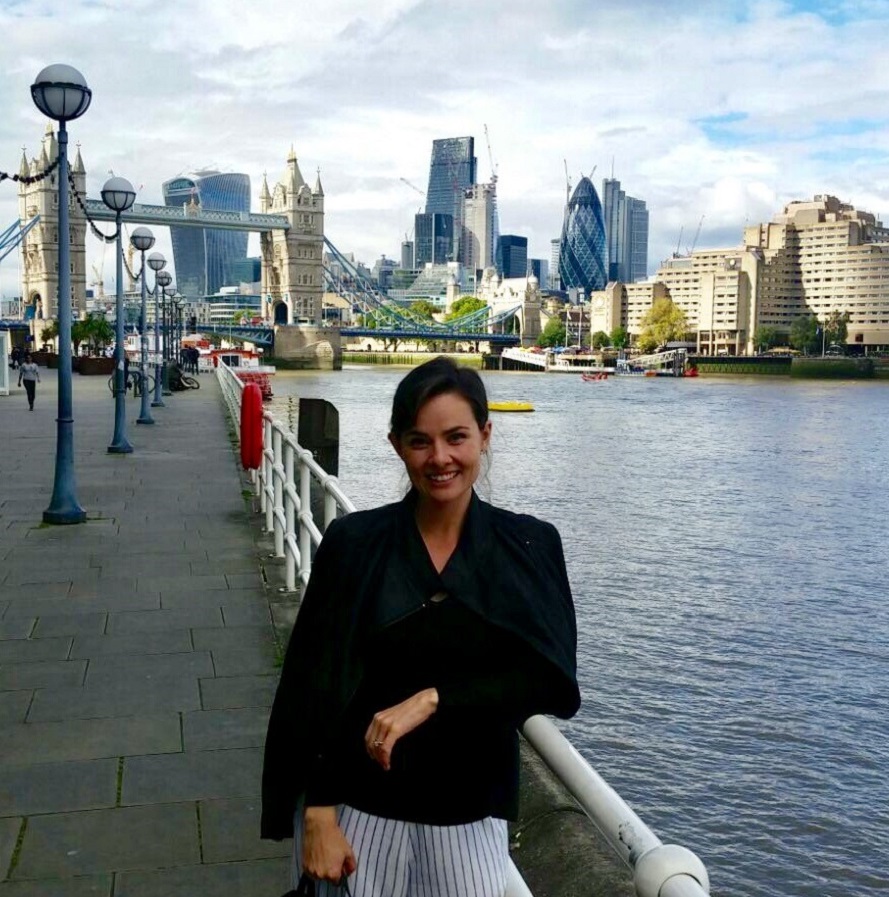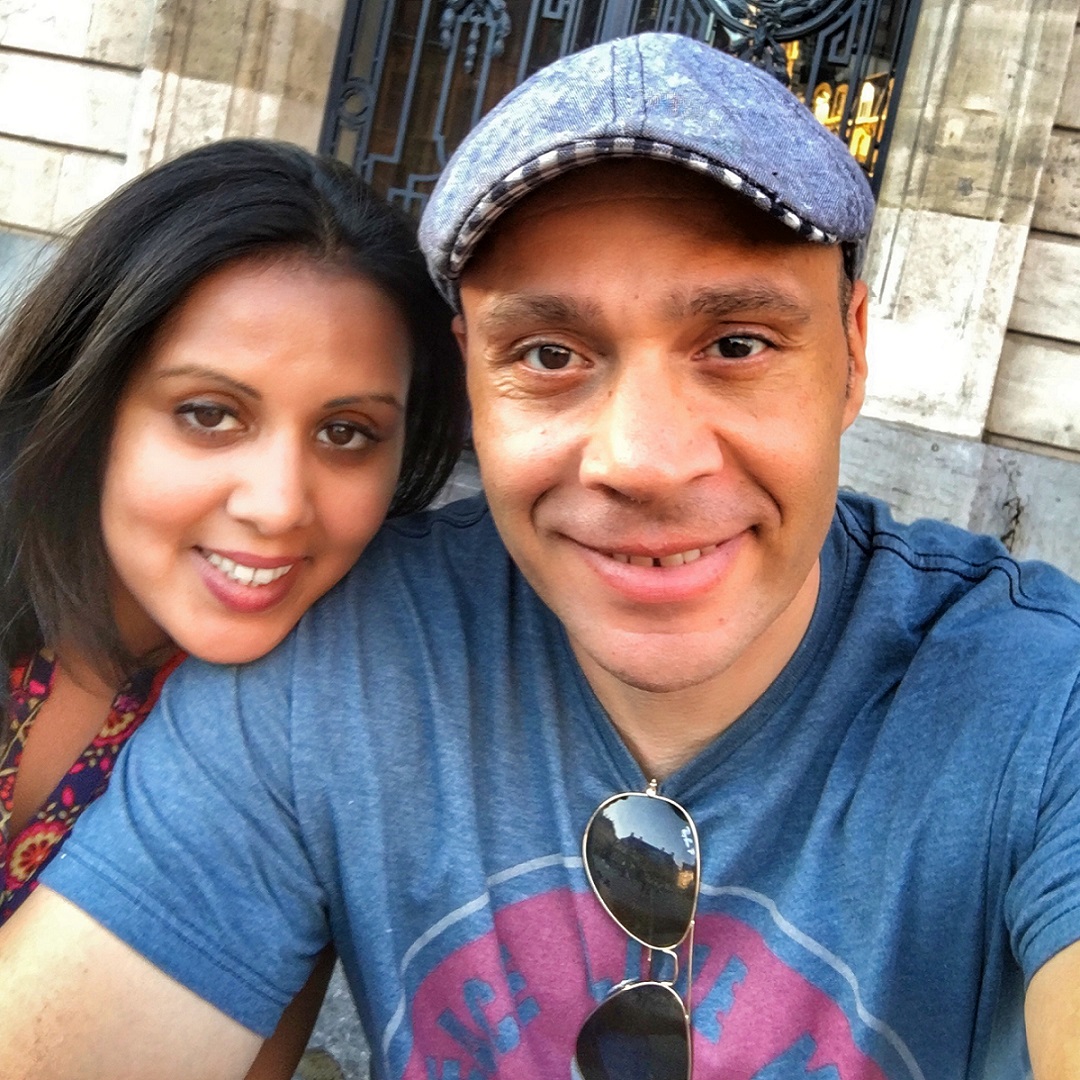National Healthcare Service (NHS)
The National Health Service (NHS) is the publicly funded medical and health care system overseen by the Department of Health.
It operates a residence-based healthcare system so most of its services are free to people who are ordinarily resident in the UK.
Ordinarily resident means living in the UK on a lawful and properly settled basis for the time being, and it is not dependent on nationality, payment of UK taxes, National Insurance (NI) contributions, being registered with a GP, having an NHS Number or owning property in the UK. You must have the immigration status of indefinite leave to remain.
Those who are subject to immigration control (except Irish nationals) must pay the immigration health surcharge when applying for a visa to enter and remain in the UK for more than 6 months. They cannot be considered as ordinarily resident in the UK until they have been granted indefinite leave to remain. The standard surcharge fee is £624 per year per person and the full amount must be paid upfront for the duration of your visa.
NHS services
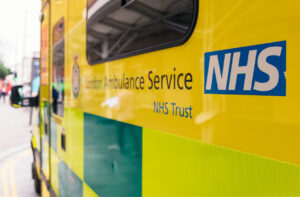
The main services provided on the NHS are:
- GP (General Practitioner)
- dentist
- hospital
- emergency care
- mental health
- sexual health
- optician
- pharmacy
For more details visit: https://www.nhs.uk/using-the-nhs/nhs-services/
For Scotland visit: https://www.nhsinform.scot/scotlands-service-directory/
In England you might pay for prescriptions, dental care and eye care, The current prescription charge is £9.35 per item. Exemptions for over 60, under 16, and 16-18 in full-time education.
Scotland and Wales do not charge residents for prescription fees.
The General Practitioner
In the UK the General Practitioner is always the first point of contact, even for children.
GPs are family doctors that perform routine health checks, gynaecological and pre/post-natal checks, developmental checks for children, immunisations for both children and adults and any other non-specific illness. They often provide the initial diagnosis and then if necessary refer you to a specialist. The NHS GP can also refer you to a private specialist upon request. GPs usually work in practices as part of a team, which includes nurses, healthcare assistants, practice managers, receptionists and other staff. Visits to the surgery are free and you can register with a GP practice of your choice, as long as you live within its catchment area and it is accepting new patients.
We recommend that you register with a GP as soon as you have a permanent UK address.</p>
To find an NHS GP surgery near you, visit the NHS website, or for Scotland NHS Inform.
NHS GP surgeries have their own geographical boundaries, so practices will usually only accept patients living in the catchment area. Before registering with your surgery, you may want to ask neighbours for recommendations, visit a couple of surgeries, and inquire about opening hours and services offered. In order to register, call or visit your GP surgery. You may need to present photo identification, such as your passport or driving license and proof of your address, such as a recent council tax bill or utility bill.
Some GP practices allow you to register online by filling the GMS1 form that you can download from the following website: http://www.nhs.uk/NHSEngland/AboutNHSservices/doctors/Pages/NHSGPs.aspx
GP referrals:
You are entitled to ask for a referral for specialist treatment on the NHS. However, whether you will get the referral depends on what your GP feels is clinically necessary in your case. Unfortunately sometimes you have to wait quite a long time for an appointment with a specialist with the NHS as these visits are without any cost for you.
If you want to see a private specialist, you should get a letter of referral from your GP. A referral is requested by many private practitioners and private medical insurance policies. If you have private medical insurance, ask your insurer if they need a referral.
Prescriptions:
You can get free NHS prescriptions if, at the time the prescription is dispensed, you:
- are 60 or over
- are under 16
- are 16-18 and in full-time education
- are pregnant or have had a baby in the previous 12 months and have a valid maternity exemption certificate (MatEx)
- have a specified medical condition and have a valid medical exemption certificate (MedEx)
For more information please check: http://www.nhs.uk/NHSEngland/Healthcosts/Pages/Prescriptioncosts.aspx
In an Emergency
Most GP surgeries will have a recorded message with instructions on how to proceed in emergencies out of opening hours.
Depending on the severity of the situation, Minor Injury Units and Walk in Centres are options available where you are likely to have less waiting time than at your local A&E.
In case of a serious Emergency, you need to visit your local NHS Accident and Emergency (A&E) Department as private hospitals do not offer this service. If the situation is very serious dial 999and ask for an ambulance, otherwise make your way by car, taxi or public transportation.
Dentists and orthodontists
As for dentists, the big difference between an NHS and a private one is the material used and the cost. However, many dentists work for both systems and would tell the benefits of making a service under each track. They generally point out the difference in material, the final result, and the prices for what you need. NHS dentists are subsidized by the NHS, but the cost of each kind of service is standard and usually very low. Therefore, in many cases you will have an option of what kind of service to get depending on what you need to be done. The first step is to look at the NHS website (see below)and find a dentist nearby by entering your post code, as long as they are accepting new patients.
NHS dentist offer free dental care ifyou are:
- aged under 18
- under 19 and receiving full-time education
- pregnant or have had a baby in the previous 12 months
- staying in an NHS hospital and your treatment is carried out by the hospital dentist
- an NHS hospital dental service outpatient (however, you may have to pay for your dentures or bridges).
For more information please check the following website:http://www.nhs.uk/NHSEngland/Healthcosts/Pages/Dentalcosts.aspx



